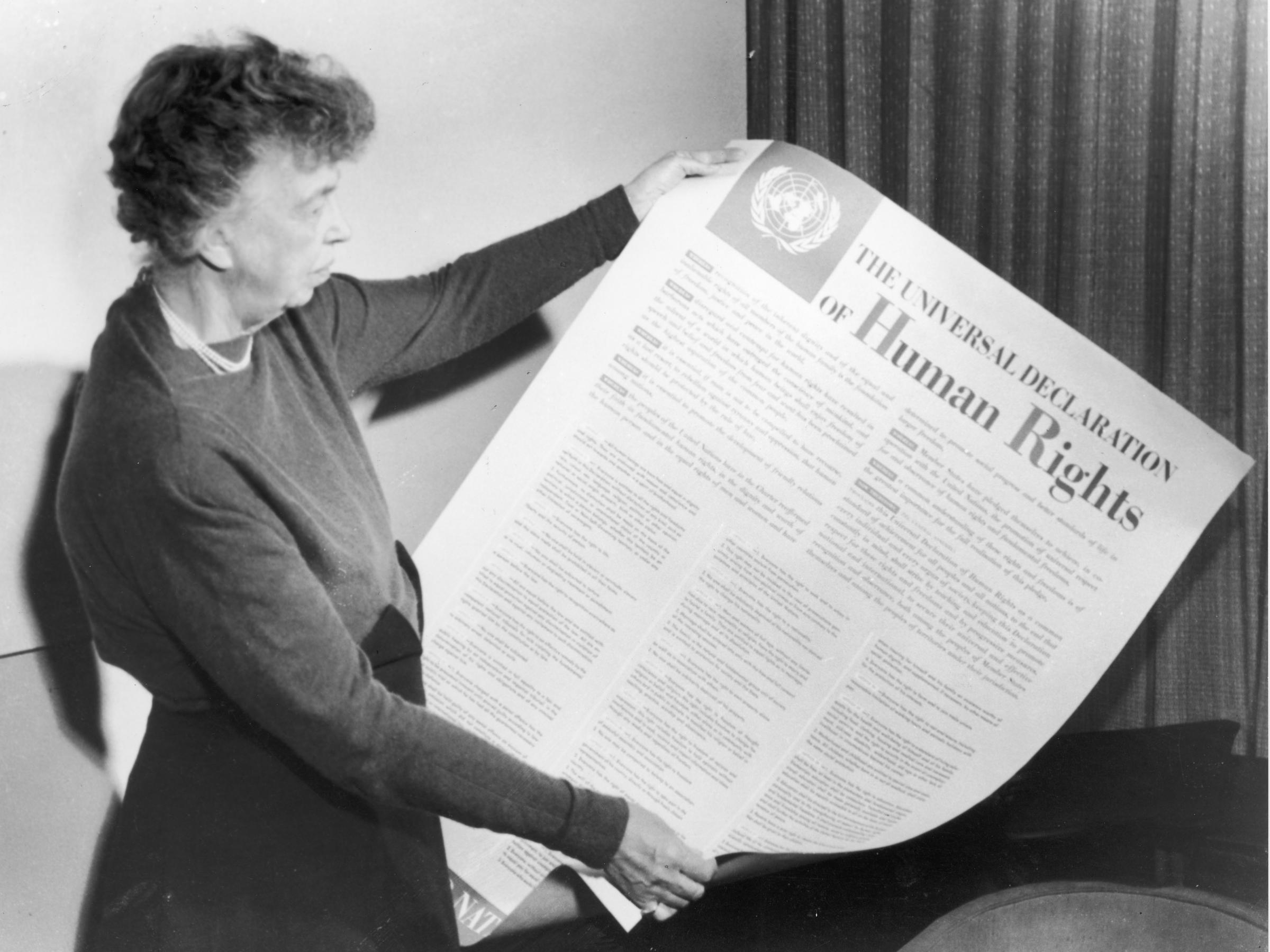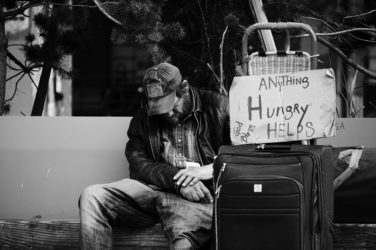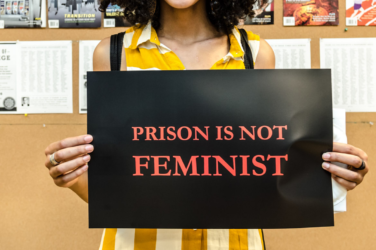Global leaders celebrate Human Rights Day each December 10—often touting their own violent anti-drug policies as part of their state’s purported goal to observe the 1948 Universal Declaration of Human Rights.
On inspection, of course, punitive drug policies do not support human rights, but rather glaringly violate them. Although all 30 rights listed in the UN Declaration are surely assaulted in some way by prohibition, the first seven rights listed on the 70-year-old document are strikingly disregarded by governments that strive to engineer a “drug-free” world.
1. Born Free and Equal
“All human beings are born free and equal,” the document begins. But freedom in the form of bodily autonomy is stripped from all people who use banned drugs.
Neither does equality ever apply under drug-war policing. As one among infinite local examples of racist applications, the Manhattan neighborhoods of Harlem and the Upper East Side are geographically adjacent, but worlds apart in terms of how their residents are treated by police. East Harlem residents, who are mostly Black and/or Latinx, get arrested for marijuana at a rate 13 times higher than the mostly white residents of the Upper East Side.
Often, violations of bodily autonomy and equality are combined. Anti-drug laws like Tennessee’s now-inactive “fetal assault” law and Alabama’s continuing “chemical endangerment” law target pregnant people who use drugs. Instead of offering spaces and resources for people to determine what is best for their body, such laws violate the human rights of mostly poor pregnant women of color, including “The Right To the Highest Attainable Healthcare,” “The Right to Privacy,” and “The Right to Equality”— according to a report by Amnesty International—through invasive drug testing, incarceration and obstruction of access to healthcare.
2. Freedom From Discrimination
As we have seen, policies that target people who use drugs do not equally target all drug users. Rather, people of color and poor people are overwhelmingly the objects of scrutiny, surveillance, arrest and punishment. Drug use, especially of these targeted demographics, disqualifies people from accessing vital resources. In the US, for example, people who use drugs are routinely barred from accessing healthcare and food stamps, due to compulsory urine screenings.
3. The Right to Life
People who use drugs are denied the right to life both through direct violence and the denial of access to resources. According to the International Drug Policy Consortium, 33 regional jurisdictions keep capital punishment on the books for violations of drug law, and 3,940 people have been executed for drug-related charges over the past 10 years.
Meanwhile, vital harm reduction resources are widely inaccessible: Only one in 100 people who inject drugs live in a country with syringe exchange programs and opioid substitution therapy.
4. Freedom From Slavery
The mass incarceration of people who use drugs, especially Black Americans, has been argued by the likes of scholar-author Michelle Alexander to be a form of, or continuation of, enslavement. Globally, people’s right to freedom from slavery is challenged by the fact that one in five people incarcerated worldwide are imprisoned for drug-law violations. In the US, Black Americans are imprisoned for drug-law violations at rates six times higher than white people–even though both demographics use drugs at similar rates.
And with nearly half of incarcerated people in the US laboring full-time for almost nothing–the average hourly wage in state prisons totals 20 cents–there can be little doubt that the prison-industrial complex represents modern-day slavery.
5. Freedom From Torture
The International Drug Policy Consortium considers forced urine testing, compulsory registration of drug users, compulsory detention and corporal punishment to be forms of “torture and cruel punishment.” As reported by Human Rights Watch, “drug detention centers” in China and Southeast Asian countries literally torture people who are dependent on drugs using “beatings, forced labor, and humiliation.”
Yet more drug laws, for example those that affect people’s experiences of pain, can infringe upon a person’s right to be free from avoidable suffering. Three-quarters of the world’s people do not have access to proper pain treatment, thanks in large part to opioid restrictions.
6. Right to Recognition as Legal Subject
Part of this involves the right to a fair process when accused of a crime. Philippines President Rodrigo Duterte is leading a massive drug war notorious for its use of extrajudicial killings, however, reported to have claimed 27,00 lives since 2016. With no trial, people who use or sell drugs are simply being executed by police or “unnamed gunmen.”
7. Right to Equality Before the Law
Surprise, surprise: Punitive drug laws are racist. Drug laws disproportionately target people of color throughout criminal justice systems all over the world. In the US, Black Americans in particular face harsher penalties: For example, they are 75 percent more likely to face charges with mandatory minimum sentences than white people who are arrested. As we see over and over, and as admitted by its architects, the US War on Drugs, copied so faithfully around the world, is a convenient tool to continue the criminalization of people of color.
Photo: Eleanor Roosevelt holds a copy of The Universal Declaration of Human Rights, adopted by the United Nations in December 1948. Via kbia/Getty Images.





Show Comments